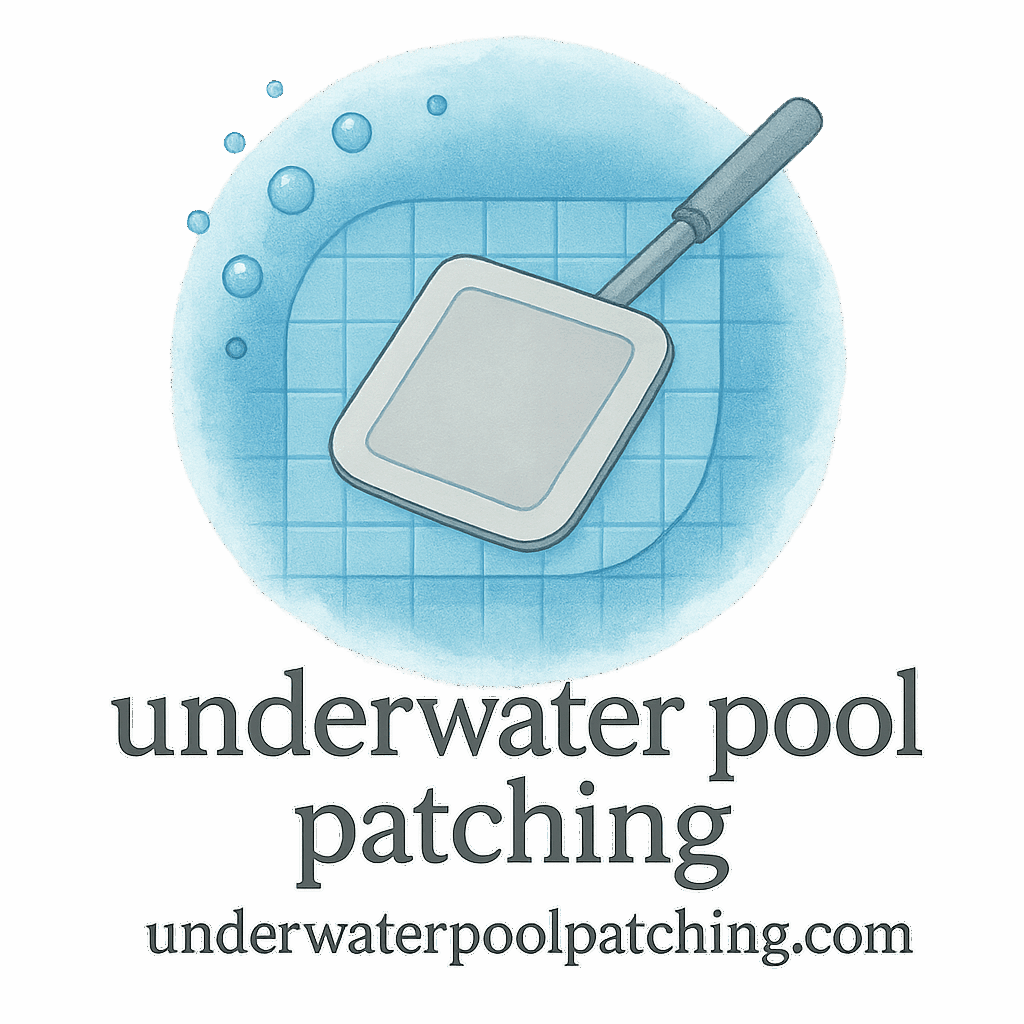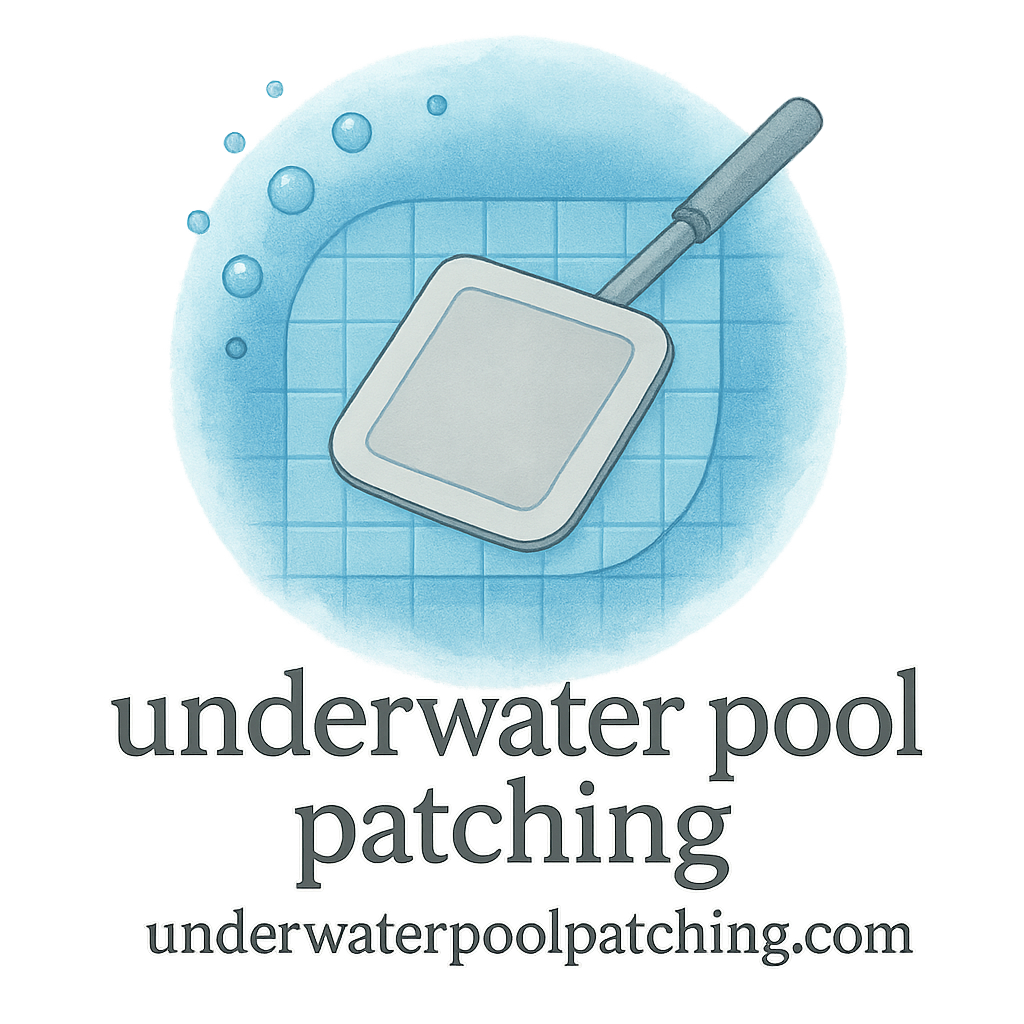Introduction
Got a sneaky leak in your pool but can’t quite spot it? You’re not alone. Underwater pool wall gaps are tricky—they hide, worsen over time, and hit your wallet hard if ignored. Luckily, ultrasonic devices make detecting those invisible culprits a breeze. Today, we’ll dive into 7 powerful ultrasonic tools that help you catch gaps before they become disasters. Whether you’re a pool owner, technician, or enthusiast, this guide’s for you.
Why Detecting Underwater Pool Wall Gaps Matters
Safety Concerns
Wall gaps can jeopardize pool integrity. Left unchecked, they risk injury, collapses, and water contamination.
Structural Damage Risks
What starts as a tiny crack might evolve into major damage, affecting tiles, pipes, or even the entire shell. Detect early, save massively.
Increased Maintenance Costs
Repairing a small issue costs peanuts compared to a full-scale pool overhaul. That’s why early diagnosis is vital.
How Ultrasonic Devices Work
The Science Behind Ultrasonic Detection
Ultrasonic technology emits high-frequency sound waves underwater. These waves bounce off surfaces—if there’s a gap, the signal reacts differently. The device then interprets the echo to locate hidden problems.
Benefits of Using Ultrasonic Technology
- Non-invasive (no need to drain the pool!)
- Accurate to pinpoint small imperfections
- Ideal for routine maintenance
Features to Look for in an Ultrasonic Pool Gap Detector
Waterproof Rating
You’d think all underwater tech is waterproof, right? Not always. Look for at least IP68 ratings to ensure the device handles full submersion.
Frequency Range
Higher frequency = better sensitivity. Most reliable devices operate around 1 MHz for pool wall detection.
Display & Data Logging
A good screen helps interpret findings on the go, while data logging lets you compare results from previous inspections.
7 Ultrasonic Devices That Detect Underwater Pool Wall Gaps
Let’s check out the top-rated, most reliable gadgets that pros and DIYers swear by.
1. AquaScan Pro 2200
Key Features
- 1 MHz transducer
- Real-time signal imaging
- Durable underwater housing
Best For
Professional pool inspectors who need fast, accurate readings on deep-set wall gaps.
Useful with repair techniques after diagnosis.
2. BlueEcho Ultrasonic Pool Analyzer
Key Features
- Portable design
- Rechargeable battery (12 hrs)
- LED interface for gap alerts
Best For
Homeowners who want user-friendly functionality without complex calibration.
Ideal when working on a budget or DIY projects.
3. Hydrosense UltraWave 900
Key Features
- Dual-sensor scanning
- Auto-gap detection AI
- WiFi connectivity for data transfer
Best For
Technicians focused on deep inspections and comparative analysis over time.
Great for ongoing routine checks and maintenance plans.

4. SonicSeal ProX
Key Features
- Compact probe design
- Patch-friendly recommendations
- Built-in leak location logger
Best For
Combining ultrasonic scanning with leak detection strategies.
Pairs perfectly with patch types and materials.
5. LeakScope WavePro
Key Features
- Ultra-sensitive pulse radar
- Built-in smoothing indicator
- Color-coded gap mapping
Best For
Visual learners and pool owners who prefer simplified interfaces.
Helpful for edge finish repairs and proper patch smoothing.
6. WaveTech HydroDetect 500
Key Features
- Pressure and ultrasonic hybrid tech
- App-controlled monitoring
- Auto calibration system
Best For
Commercial pool inspections and multiple pool facilities.
Brilliant when used with pressure tests.
7. Ultrasonic Gap Finder Elite
Key Features
- Laser-guided pinpointing
- Night vision display
- High-res underwater camera included
Best For
Night inspections or complex patching jobs where precision matters most.
Supports advanced patching techniques and restoration.
Tips for Using Ultrasonic Devices Effectively
Conduct Routine Checks
Don’t wait for a visible problem. Perform routine scans monthly to catch early signs. Set up a subscription schedule with a maintenance service if needed.
Combine with Pressure Testing
Ultrasound tells you where, but pressure testing tells you how severe. Combine both for a full picture.
Monitor Patch Lifespan
After patching, keep scanning. Many issues recur. Check every 3–6 months to ensure your patch life isn’t compromised.
Maintenance and Prevention Tips
Detecting gaps is just half the game. Preventing them is the real money-saver. Stay proactive with:
- Consistent water pH balancing
- Visual inspections after storms or freezing weather
- Following a maintenance plan
Cost and Budgeting for Pool Wall Repairs
The good news? Using ultrasonic devices saves you thousands in the long run. But always plan your budget wisely. Consider:
- Device investment cost (ranges $200–$2000)
- Frequency of inspections
- Repair material costs (like epoxy or vinyl patches)
Check out our full guide on cost budgeting for repairs for detailed info.
Conclusion
Ultrasonic technology has completely revolutionized pool maintenance. By arming yourself with one of the 7 top-tier devices mentioned above, you’re not just fixing pool problems—you’re preventing them. Whether you’re a weekend pool warrior or a full-time technician, these tools help keep your water haven safe, smooth, and gap-free.
FAQs
1. Can I use ultrasonic devices in saltwater pools?
Yes! Just ensure the device is rated for saltwater resistance to prevent corrosion.
2. How accurate are ultrasonic detectors for small cracks?
Very. They can detect gaps as small as a few millimeters, especially models over 1 MHz frequency.
3. Do I need to be trained to use these devices?
Some are plug-and-play, while others need training. Look for user-friendly models like the BlueEcho.
4. Can I combine ultrasonic detection with dye testing?
Absolutely. Using both increases detection accuracy for both large and tiny gaps.
5. How often should I scan my pool?
Monthly checks are ideal. After major weather events or patch repairs, scan again.
6. Will insurance cover ultrasonic inspections?
Some pool insurance policies do. It varies, so check your provider’s details.
7. Where can I find professional repair services after detection?
Visit UnderwaterPoolPatching.com for expert diagnostics, repairs, and money-saving solutions.


